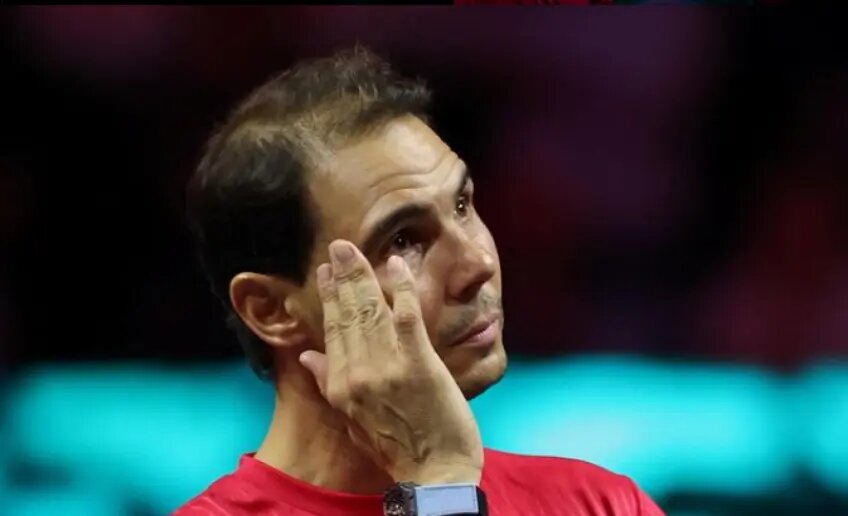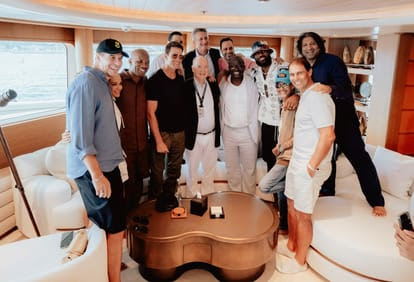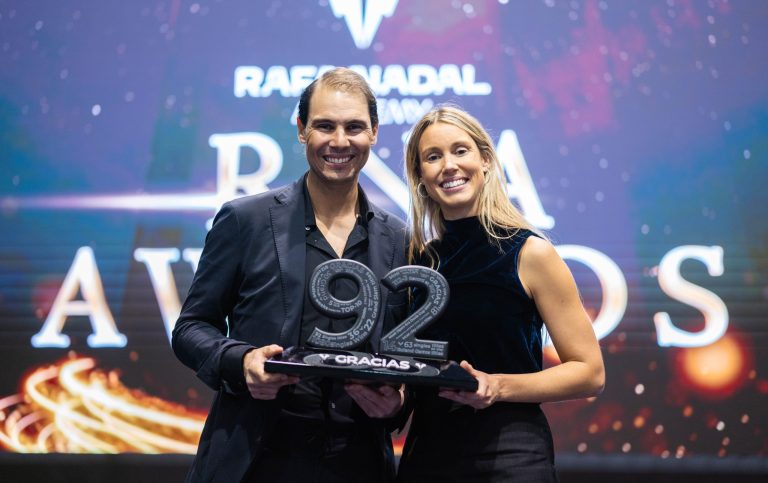Rafael Nadal recently delivered a refreshingly candid confession: he’s realized that stepping away from professional tennis meant he’s “become bad at it” — not just on the court, but in how he approaches sport and life now. This moment of self‐awareness resonated deeply with fans worldwide.
Nadal’s journey into retirement began with a bittersweet mix of freedom and identity loss. He admitted that during the first 40 days after stepping back in November 2024, he still felt capable of top‑level play — but his body wouldn’t cooperate . When he started exploring other sports like golf and padel in early 2025, something surprising happened: without the stakes of professional tennis, he found himself unmotivated and disengaged.
As one report noted, “I’ve lost competitiveness, and that annoys me. I go play golf, and I’m not as focused” . He described how winning or losing in these “new” activities simply didn’t matter — and for someone whose competitive spirit defined two decades of his life, that was unsettling.
Yet over time, Nadal’s fierce drive began to reawaken. He admitted, “I am competitive again,” albeit for different things — shorter golf matches, padel games, even personal challenges . These playful contests helped him rediscover an old companion: the sheer joy of striving for improvement, free from grand expectations or public scrutiny.
Away from the pressure cooker of the Tour, Nadal has embraced a multi‑faceted life in 2025: fatherhood, family time, running his tennis academy, working on his charity, and even dabbling in business ventures like hotels and nutritional supplements . He’s found satisfaction in simple routines — morning workouts to protect his knees and shoulders, picking up his son from school, and mixing in golf, football, and sailing for fun .
Still, he’s honest about what he misses — the structure, the feeling of purpose, and, yes, the adrenaline of competition. “I’ve become bad at it” isn’t regret — it’s insight. It means he’s learning to live without the rhythm that once governed his life, and that’s okay. He’s grateful for what he gave the sport — 22 Grand Slams, humility, resilience — but understands the new challenge is recalibrating his inner compass .
In a world that often celebrates relentless success, Nadal’s post‑career humility feels like a breath of fresh air. He embodies the lesson that excellence isn’t just about winning — it’s about adapting, growing, and finding balance in reinvention. Nadal’s journey reminds us that sometimes, stepping back lets your competitive spirit evolve — from conquering courts to mastering personal growth.




